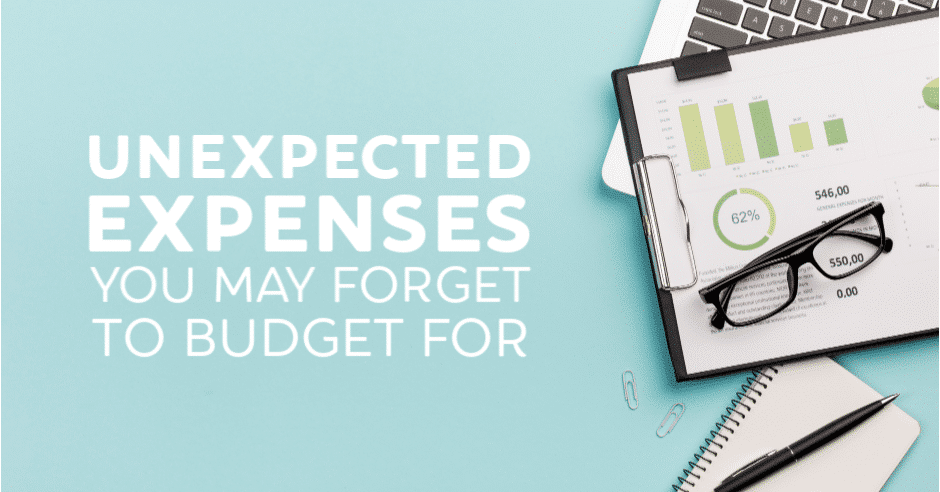9 Unexpected Expenses You May Forget to Budget For
Why Accurate Budgeting is Important
If you’re using a zero-based budget, forgetting even one budget category can throw things off balance. For example, if you get hit with an unexpected expense, you’ll need to go back and readjust your budget categories to find some extra money to cover that expense.
Not only is this tedious, but it’s also time-consuming. If you’ve already spent some time at the beginning of the month setting up your budget, I’m sure you don’t want to have to go back and readjust it later.
So what’s the solution? Well, the easiest would be to create a “miscellaneous” category for any unexpected expenses. The only problem is that you won’t really know how much money to budget into this category.
The other (more recommended) solution, is to make sure that you nail down every budget category you can think of. This may seem easy, but there are several budget categories that people commonly forget about…
Commonly Forgotten Budget Categories
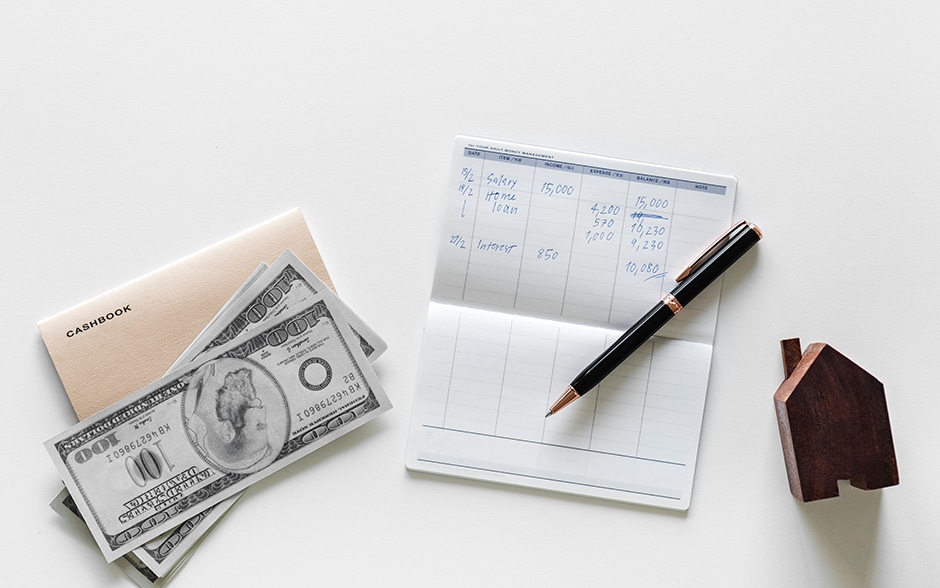
1. Gift Giving
Gift giving is a huge category and it’s probably the most commonly forgotten expense. See, because gift-giving occasions don’t come around too often, we kind of just forget that it’s something we have to set money aside for. Then, when a gift-giving occasion does finally come around, we have to scramble and load up money on our credit cards to cover the costs.
Another reason why this budget category is so important is that it keeps your spending in check. Overspending on gifts is easy (especially around big holidays like Christmas) so setting a budget is really helpful.
2. Charitable Donations
Similar to gift-giving, making charitable donations is something we should all be doing but it’s easily forgotten. If you want to support your favorite charities more often, make your donations a solid part of your budget so you don’t forget.
3. Emergencies
Although this is easily one of the most important budget categories, a lot of people forget to set aside money for emergencies. In other words, they don’t have an emergency fund.
Without an emergency fund, any large emergency expenses (e.g. job loss, medical bills, broken phone, etc.) will most likely need to be put on a credit card where you’ll be charged interest and end up paying even more.
Experts recommend starting with a small emergency fund of $1,000 and then slowly building up towards a 6-12 month fund. To figure out how much that is for you, add up your monthly expenses and multiply that number by 6 and 12.
It will, of course, take time to build such a large supply of money which is why it’s important to budget for this expense monthly. Even better, automate some of your cash flow to go right into an emergency fund account!
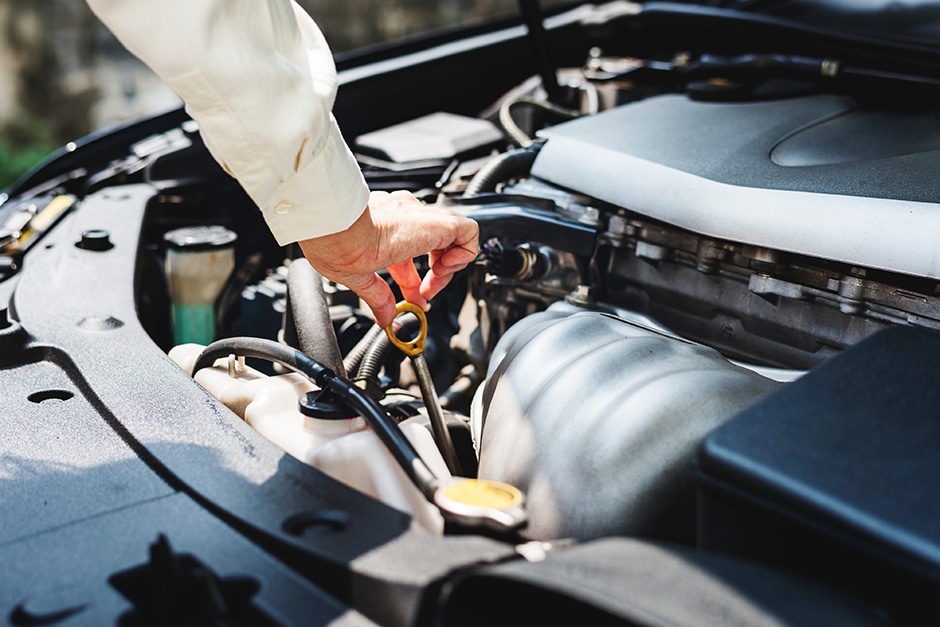
4. Car Maintenance
Car repairs could be included under emergencies but car maintenance (e.g. oil change, tire change, etc.) is something that you should be budgeting for separately. Why? Because maintenance is just part of being a car owner. It’s unavoidable.
If you don’t budget for car maintenance and you end up postponing it, you could be dealing with even worse (and more expensive) problems down the road.
5. Subscriptions
If you’re signed up for any monthly/yearly subscription services (e.g. Netflix, FabFitFun, Amazon Prime, etc.) it’s important to include these in your budget. It’s especially important for yearly subscriptions because not only do they usually cost a lot, they’re easy to forget about too.
An easy way to keep track of subscriptions that you’re signed up for is to just list them in a spreadsheet. Write down the cost, how you’re paying for the subscription, and when it renews.
6. Pets
If you have a dog, cat, lizard, or some other pet living with you, it may be a good idea to set up a separate fund just for pet emergencies. So many things can happen with pets that can end up costing a ton of money and if you’re not prepared, it could turn out pretty badly for your budget and your pet.
On top of this, you should also be budgeting for all of your pet care supplies. That could include food, treats, litter, and things like that.

7. Clothing
A lot of people are great at budgeting for clothes. Some will even shop at thrift stores or online consignment stores in order to score deals on basically brand new clothes. If you’re like this, you probably don’t have to worry about this unexpected expense!
For others, however, clothing can be an expense that easily goes forgotten. If you’re in this boat, just make sure to set money aside every month in your clothes budget! That way when you need a new piece of clothing you’ll already have money ready to buy it.
8. Household Supplies
This category could include anything from printer ink to dishwasher detergent. These sorts of expenses are once again hard to budget for because they’re pretty irregular. You may need to buy some household supplies once every 3-6 months while others you may need to buy every 2 weeks.
To avoid being surprised by an unexpected need for household supplies, make sure to slowly add money to this budget category over time. You can also try making homemade cleaners to save money!
9. Self Care
Some people get so indulged in their budgets and making sure every dollar is being used productively that they forget to treat themselves! Make sure to add a category in your budget specifically for treating yourself.
As you add money to this category you could use it to go out for a night on the town, a vacation, or some other activity you enjoy. You deserve a reward for being smart with your money!
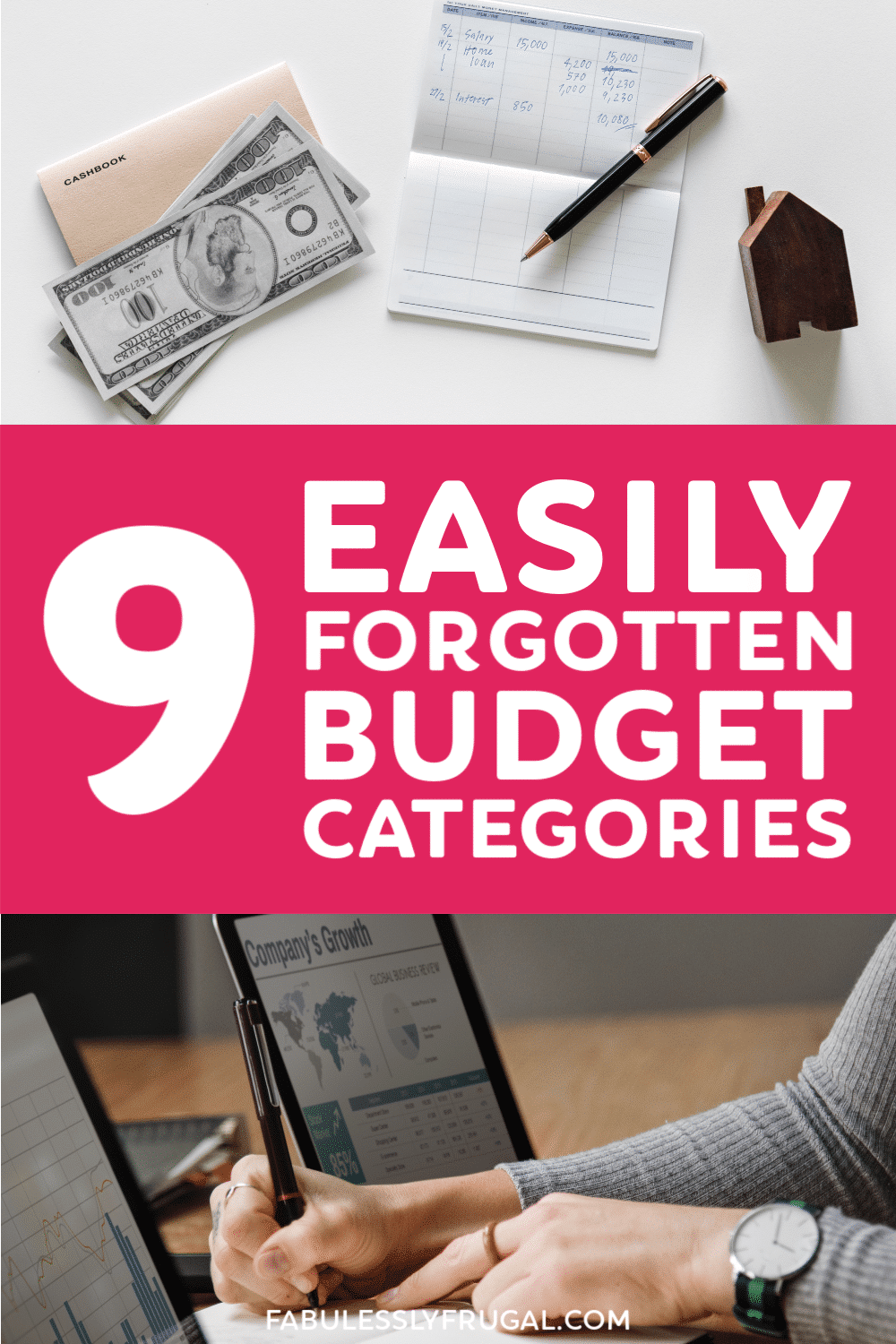
Final Thoughts
When you’re trying to balance a perfect budget and optimize every dollar that you receive, it’s important to be prepared for all the unexpected expenses that life may throw your way. Simply building an emergency fund as we talked about above will help a ton, but budgeting for those expenses that sometimes sneak up can be a big help too.
Even after budgeting for your unexpected expenses though, don’t expect your budget to go perfectly smooth every month. Things happen and as you continue budgeting for longer, you’ll get better at adapting and expecting the unexpected.
Which expenses do you find catch you off guard every once in a while? What budget categories do you think are the most important?
Other Posts You Might Like:
- 10 Frugal Habits to Live By (and 5 Things to Never Do)
- 14 New Ways to Save More
- How to Make a Simple Budget Easily in 5 Steps!
- Save Money Automatically Online (My Paribus Review)
- How to Eat Healthy on a Budget (15 Tips)
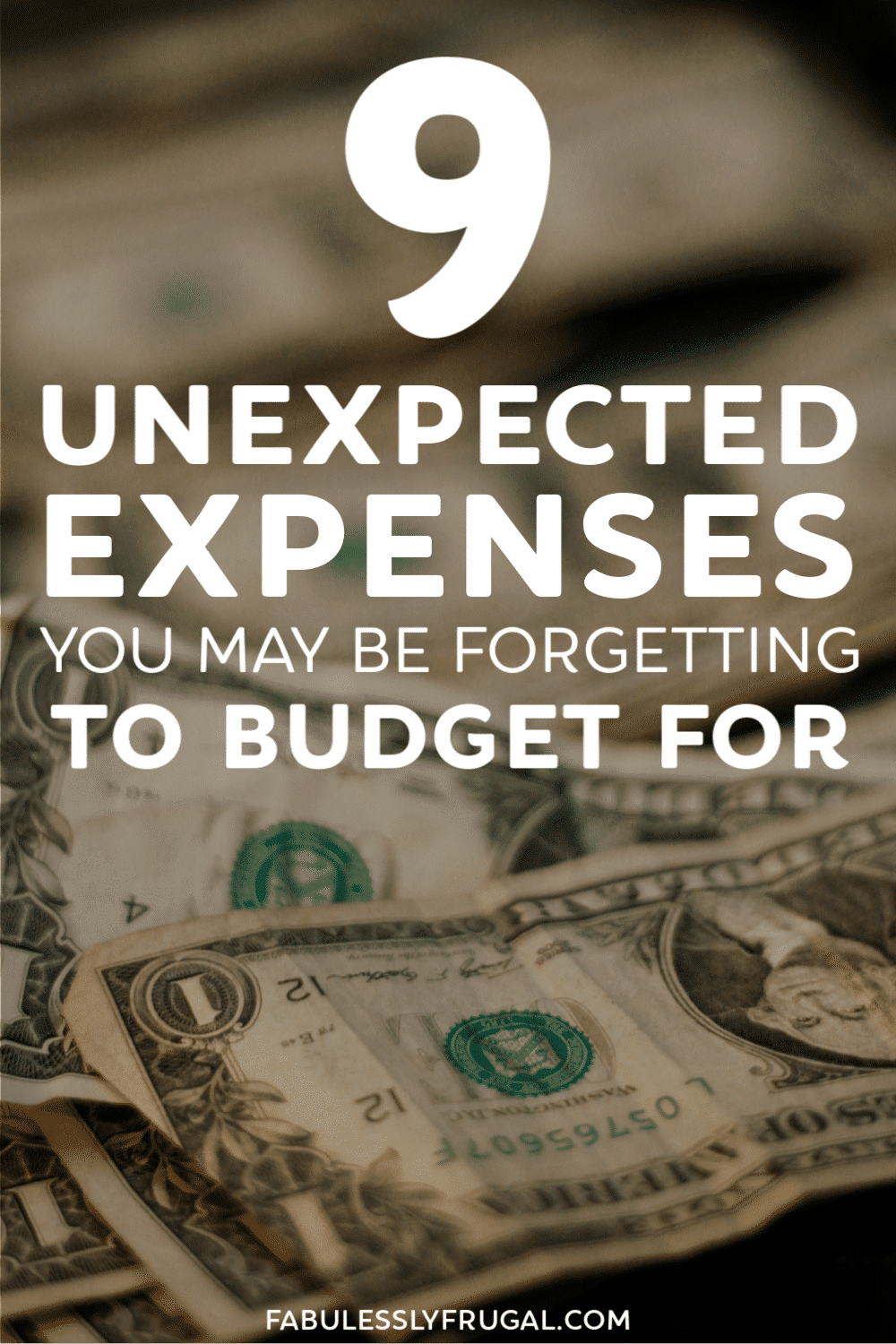
Report a Problem
Please select the problem you are facing with this deal:
- Price Increased
- Price Decreased
- No longer available
- Expired
- Link doesn't work
- Suggestion
- Compliment
- Other
Add more details:
Thank you for your feedback. We really appreciate it.
Enter your email address if you would like
to receive a follow up.
Please Try Again
Thanks for providing the email address.
We will reach out to you as soon as possible.


